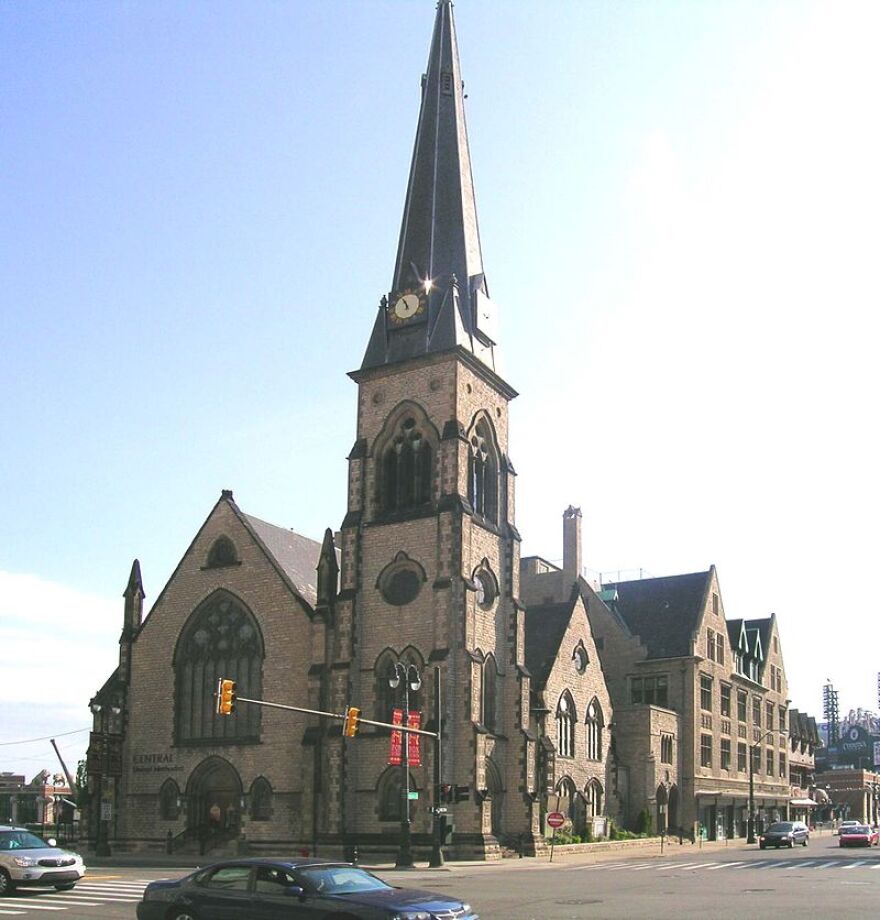At least eight Michigan houses of worship announced plans to form a “sanctuary network” on Tuesday.
The congregations say they’ll welcome and protect undocumented people facing deportation.
U.S. Immigration and Customs Enforcement has avoided “sensitive locations,” including houses of worship, for enforcement actions in the past.
It’s not clear if the agency will continue that policy under President Trump. Nonetheless, some faith leaders say it’s time to revive the sanctuary tradition.
Rev. Louis Forsythe’s congregation at Detroit’s Pleasant Grove Baptist Church has pledged to join the effort. He compared it to the role churches played as stops on the Underground Railroad.
“This is not about immigration, but it’s really about the soul of our nation,” Forsythe said. “Are we going to be a multi-racial democracy, or are we going to be diminished, and become a lesser vision of ourselves?”
Rev. Jill Zundel is the pastor at Detroit’s Central United Methodist Church, which has also agreed to participate. In fact, Zundel says the church is already sheltering an African family that’s hoping to claim political asylum in Canada.
“We have a message for Donald Trump,” Zundel said. “If you want these families, you’re going to have to come through us.”
In addition to Pleasant Grove and Central United Methodist, six other Michigan houses of worship have pledged themselves as sanctuary spaces.
They are: Hope United Methodist Church in Southfield; Ferndale 1st United Methodist Church; Metro Zion AME in Detroit; Birmingham Temple for Humanistic Judaism in Farmington Hills; Sunnyside United Methodist Church in Portage; and 1st Congregational Church in Kalamazoo.
The Michigan Muslim Community Council has also expressed support.
Organizers hope this is just the start of the network. They say houses of worship that aren’t able to shelter families can still pledge “solidarity” with the effort.






